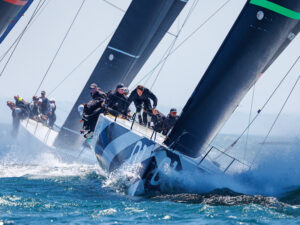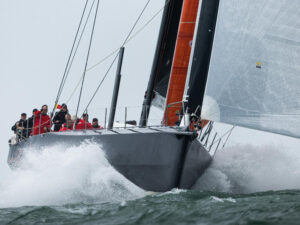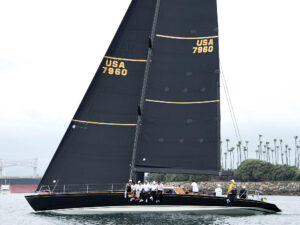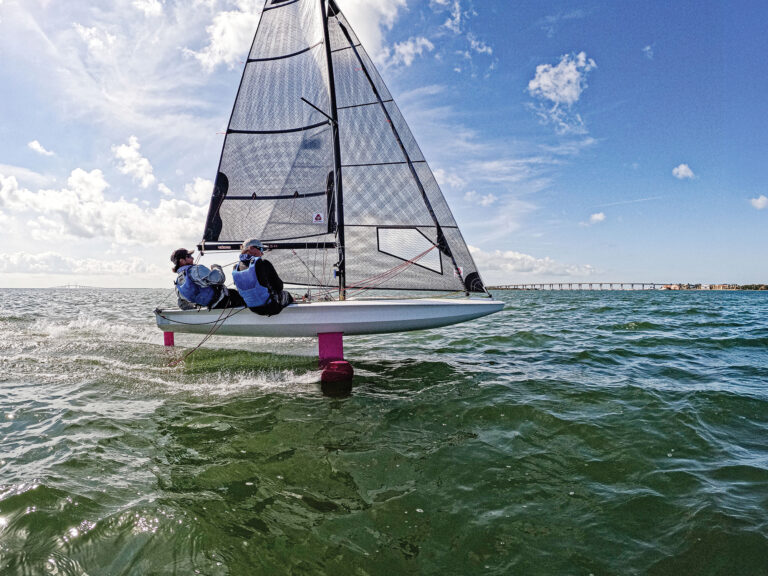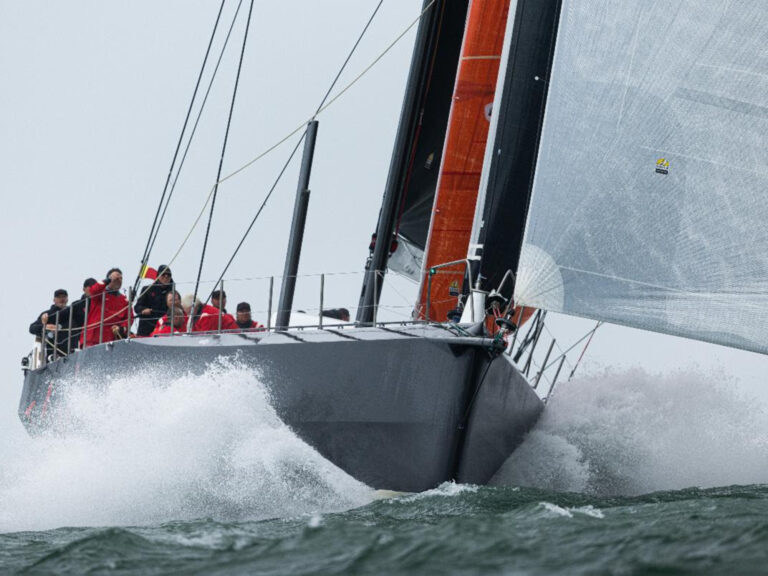
Reshaping Oly I
Like many sailors, I was disappointed in ISAF’s change to the scoring for the 2008 Olympics. I was hoping they’d do more-a lot more. I was hoping to read about changes, plural; a sign that the leaders of our sport realize that the Athens Olympic Regatta was a PR disaster, that it was among the least-watched events at the 2004 Olympics, both in terms of live spectators and television time; that things need to change.Instead we got one simple alteration to the scoring: the fleet will be reduced to the top 10 boats for the final race, which will count for double points and won’t be discardable. This change is a baby step, and I’m not even sure it’s in the right direction. The most that can be said about this change is it’s the classic compromise made within a bureaucracy; most everyone involved is focused on his or her own agenda and few can look at the big picture and make the decisions that will benefit everyone in the long run.Olympic sailing is in trouble. It’s not going to get dropped anytime soon; sailing is an original Olympic sport-even if the lack of wind cancelled the first Olympic regatta in Athens in 1896. However, it will get squeezed. The International Olympic Committee has designs on cutting one discipline for the 2012 Games in London and that should make sailors worried about further reductions in disciplines and/or athlete numbers in the future. ISAF’s new president Goran Petersson is concerned. Petersson, who in many respects is the antithesis of the ISAF’s previous leader, the vocal and impulsive Paul Henderson, met with the IOC and some Olympic broadcasters before ISAF’s annual convention in Singapore in early November. He came away from that meeting frightened enough to make a late submission to change the Olympic scoring for 2008. “What he’s been told, and what he reported to us, is that sailing is one of the most expensive sports to televise in the summer Olympics,” said a US SAILING representative who attended the convention. “It’s also the least appealing to a TV audience. The IOC have told each of the federations that if they want to remain an Olympic sport, they have to do what’s reasonable to be TV friendly.”The Olympics are a business. The IOC makes most of its money from TV (either directly or indirectly through the sponsors who value the television exposure). Sailing costs a lot-reportedly $200,000 a day to televise, not to mention the costs of running the regatta and building the marina-and brings in very little. The sport also makes hosting the Games troublesome for inland cities, which must develop an entirely separate venue and village. Anyone care to imagine what the balance sheet will look like for Qingdao? At some point in the future, the hassle and expense could outweigh the IOC’s sentimental ties, especially if the rumblings that the IOC is looking to streamline the Games come to fruition.ISAF needs to do whatever it can to make the sport more marketable, more appealing to a mass audience, and yes, more conducive to the media. The sport needs to embrace television-style coverage and it needs to make it easier for general interest print media-who jump around between sports-to cover the dramatic “medal” moments. If you think that because I’m a member of the print media, this is a self-serving request, you’re dead wrong. As one of only two American journalists on-site for every day of the 2004 Olympic regatta, the current format played right into my hands. I caught every big moment and when the big shots arrived for a final race, I was one of the few people who actually knew what was happening.These changes must be within reason, but there is a lot of room with which to work. I’m sure the traditionalists’ knees are twitching as they read this. They see any change as marginalizing the sport we all love, often merely because they don’t agree with the motives. Change in the interest of increased media attention won’t automatically demean the sport, or devalue an Olympic medal. And it will bring in more fans and more press. And since the Olympics represent one of the sport’s best marketing opportunities, both of those things will bring in more new sailors.There are two steps to this facelift. Much has been decided for Qingdao, so there is a limit to how much change can be effected. But there are some key lessons ISAF can learn from Athens. Next week, in Part II, I’ll address those changes. Part III-the following Monday-will deal with London in 2012. Since ISAF is working with virtually a blank slate for that regatta, there’s a lot that can, and should, be done to turn the 2012 Olympic Regatta into an international showcase for the sport of sailing.

